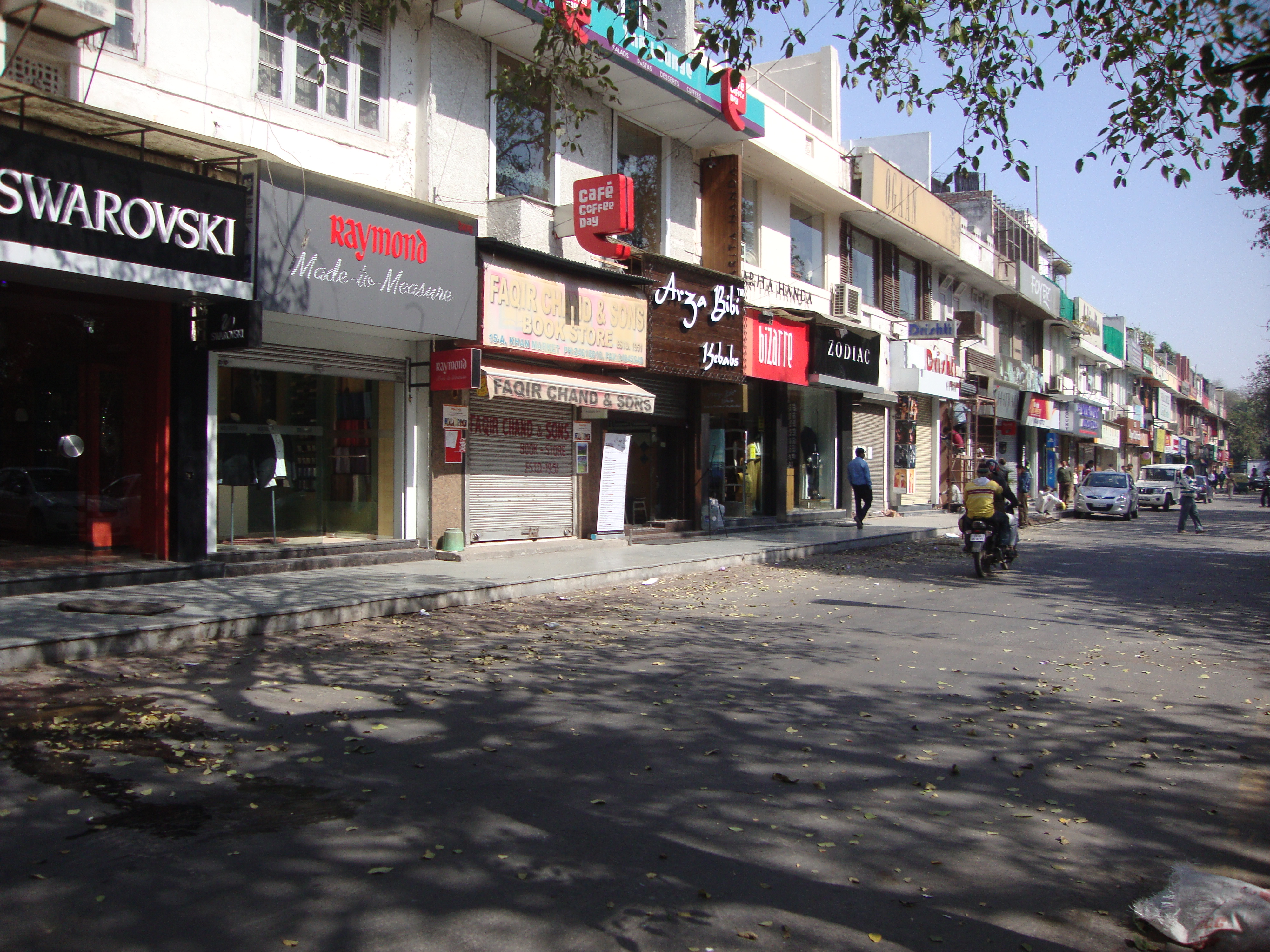|
Abdul Aziz Khan Kaka
Abdul Aziz Khan Kaka (1906–1987) was a member of the Khudai Khidmatgar Movement from Zaida Kallay, Swabi who defeated the Imperial Crown's Political Agent, Sir Sahibzada Abdul Qayyum Khan in the elections of 1936. Anti-Colonial Politics Under the 1935 India Act, the British accorded the North-West Frontier to Provincial status where elections were held. Aziz Khan Kaka, an associate of the movement's leader, Abdul Ghaffar Khan was the first notable example of a Khudai Khidmatgar candidate winning against an established Pro-British figure. Aziz Kaka's victory helped for the Khudai Khidmatgars to then secure 19 out of 50 seats, becoming the only organised body in the frontier that could contest the elections. It was a stepping stone for Pashtun Nationalist Politics in British-Occupied India, as the new Chief Minister of NWFP was Abdul Jabbar Khan, brother of Bacha Khan who would later declare the Bannu Resolution for an Independent ''Pashtunistan'' state. Pakistan Era F ... [...More Info...] [...Related Items...] OR: [Wikipedia] [Google] [Baidu] |
Zaida, Khyber Pakhtunkhwa
Zaida is a town and a union council in Swabi Tehsil of Swabi District in Khyber Pakhtunkhwa province of Pakistan. Zaida is located on the west bank of a stream of the Indus River, an area locally referred to as Badrai. As of 2011, the town is known for marble, agriculture and construction materials industry, and is considered a gateway between Punjab Punjab (; ; also romanised as Panjāb or Panj-Āb) is a geopolitical, cultural, and historical region in South Asia. It is located in the northwestern part of the Indian subcontinent, comprising areas of modern-day eastern Pakistan and no ... and Khyber Pakhtunkhwa. Demographics Population As of the 2023 census, Zaida had a population of 34,200. References Populated places in Swabi District {{NorthWestFrontier-geo-stub ... [...More Info...] [...Related Items...] OR: [Wikipedia] [Google] [Baidu] |
Khan Abdul Jabbar Khan
Abdul Jabbar Khan () (born 1883, Utmanzai, Charsadda – 9 May 1958, Lahore), popularly known as Dr. Khan Sahib (), was a pioneer in the Indian Independence Movement and later, a Pakistani politician. He was the elder brother of the Pashtun activist Abdul Ghaffar Khan, both of whom opposed the partition of India. Upon independence, he pledged his allegiance to Pakistan and later served as the First Chief Minister of West Pakistan. As the Chief Minister of the North-West Frontier Province, Dr Khan Sahib along with his brother Abdul Ghaffar Khan and the Khudai Khidmatgars boycotted the July 1947 NWFP referendum about the province joining India or Pakistan after the partition of India, citing that the referendum did not have the options of the NWFP becoming independent or joining Afghanistan. Upon independence and establishment of Pakistan, Khan Sahib joined the national politics and was later elected the first Chief Minister of West Pakistan. Early life He was born in ... [...More Info...] [...Related Items...] OR: [Wikipedia] [Google] [Baidu] |
Pashtun Politics
Pashtuns (, , ; ;), also known as Pakhtuns, or Pathans, are an Iranic ethnic group primarily residing in southern and eastern Afghanistan and northwestern Pakistan. They were historically also referred to as Afghans until 1964 after the term's meaning had become a demonym for all citizens of Afghanistan regardless of their ethnic group. The Pashtuns speak the Pashto language, which belongs to the Eastern Iranian branch of the Iranian language family. Additionally, Dari serves as the second language of Pashtuns in Afghanistan, while those in Pakistan speak Urdu and English. In India, the majority of those of Pashtun descent have lost the ability to speak Pashto and instead speak Hindi and other regional languages. There are an estimated 350–400 Pashtun tribes and clans with a variety of origin theories. In 2021, Shahid Javed Burki estimated the total Pashtun population to be situated between 60 and 70 million, with 15 million in Afghanistan. Others who accept the 1 ... [...More Info...] [...Related Items...] OR: [Wikipedia] [Google] [Baidu] |
Politics Of British India
Politics () is the set of activities that are associated with making decisions in groups, or other forms of power relations among individuals, such as the distribution of status or resources. The branch of social science that studies politics and government is referred to as political science. Politics may be used positively in the context of a "political solution" which is compromising and non-violent, or descriptively as "the art or science of government", but the word often also carries a negative connotation.. The concept has been defined in various ways, and different approaches have fundamentally differing views on whether it should be used extensively or in a limited way, empirically or normatively, and on whether conflict or co-operation is more essential to it. A variety of methods are deployed in politics, which include promoting one's own political views among people, negotiation with other political subjects, making laws, and exercising internal and external forc ... [...More Info...] [...Related Items...] OR: [Wikipedia] [Google] [Baidu] |

